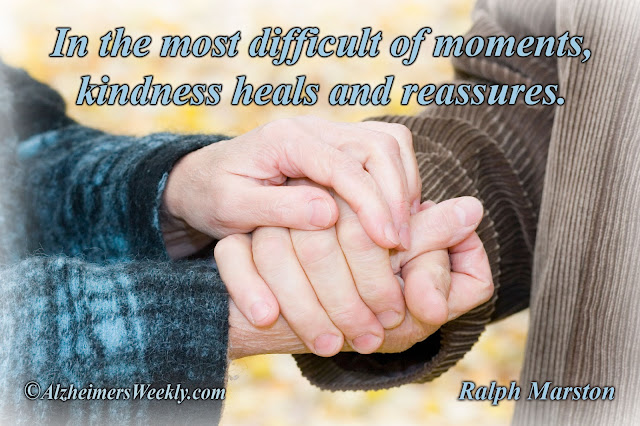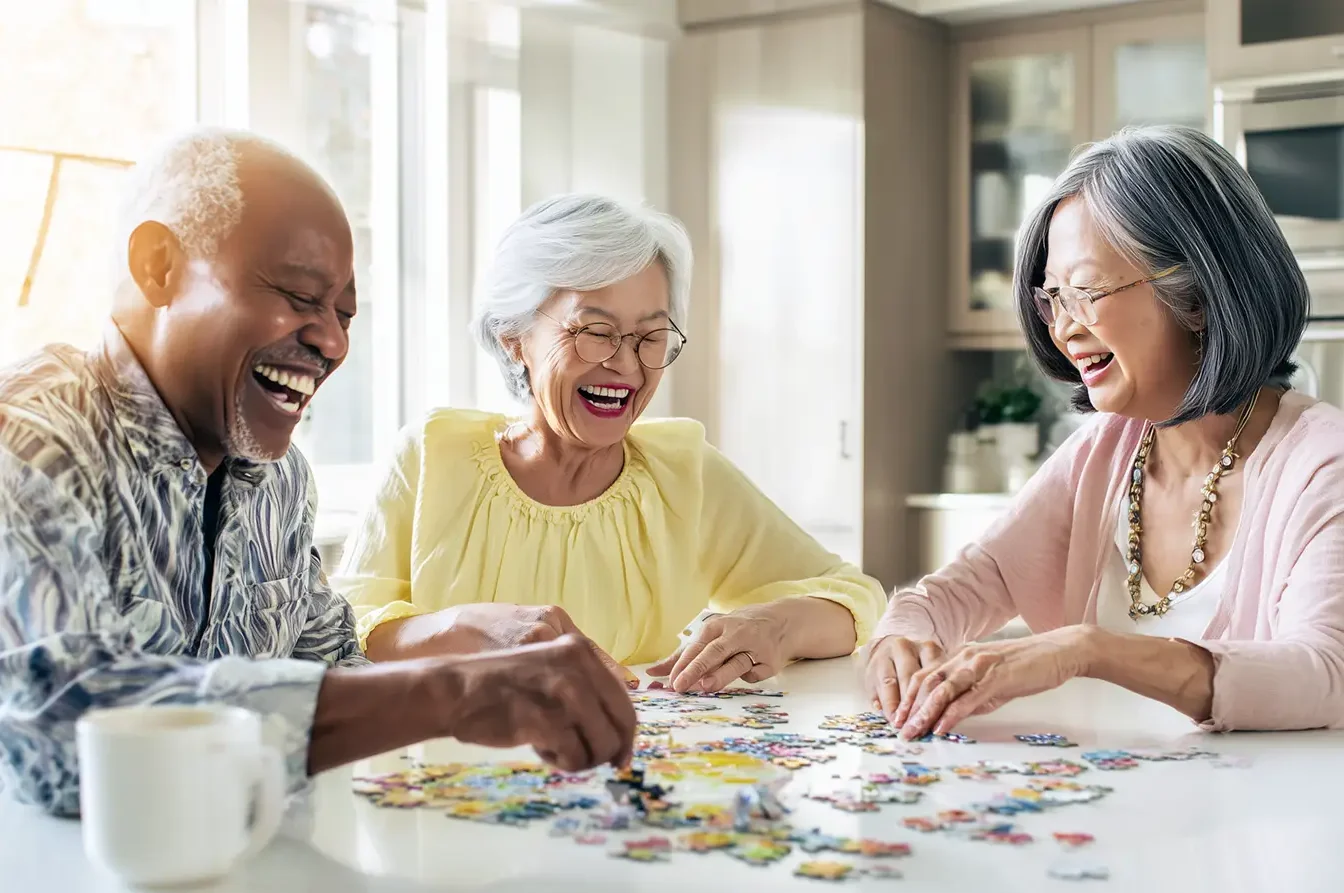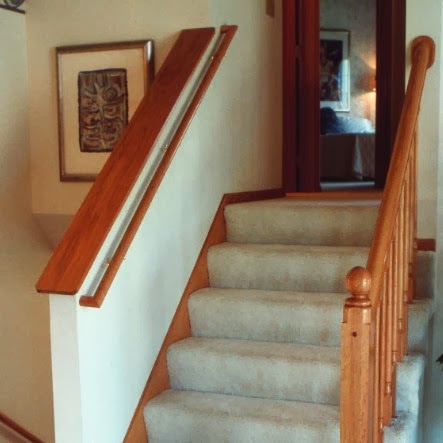
5 Anti-Falling Tips
Falls are a preventable threat to the independence and health of those living with dementia. Arm yourself with the following fall prevention tips. Learn how you can reduce the risk of falls.

Falls are a preventable threat to the independence and health of those living with dementia. Arm yourself with the following fall prevention tips. Learn how you can reduce the risk of falls.
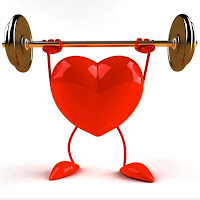
In 7,000 people with Alzheimer’s, those taking high doses of common Alzheimer’s drugs saw their rate of heart attacks drop in half. Find out more about these medications.
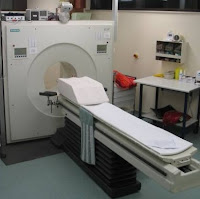
The F18 PET scan Alzheimer’s test is a giant step forward in diagnosis and treatment. Learn the guidelines that describe what it is, who it’s for, when to avoid it and how to use it.

Learn to take advantage of the many benefits in regular physical activity for people with Alzheimer’s. Keep those muscles, joints and heart in good shape, stay at a healthy weight; improve sleep.

Meet Henry. For a decade, he suffered from dementia. Henry barely said a word to anyone — until “Music & Memory” set up an iPod program at his nursing home.

An Alzheimer’s diagnosis is hard to get and hard to give. Watch Doctor Chodosh approach this difficult challenge with skilled experience and deep compassion.

Hospitals are the place to go for serious medical care. Typically, the care is followed by the question, “Would you like to stay a day or two for observation, or leave now?” In a dementia such as Alzheimer’s, what’s the right thing to do?
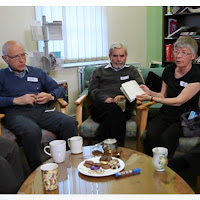
In this video, “Voice of Dementia”, see real people in a dementia support-group talk about their lives, their diagnosis and the importance of being heard.

Researchers have long connected inflammation & Alzheimer’s. Find out how interleukin-1 beta clarifies that connection. Learn about the Alzheimer’s treatment targets uncovered by this discovery.

How many years does the pollution in your area add to the “age” of your brain?

DEMENTIA GIFT IDEAS: People with Alzheimer’s may lose abilities, but feelings still matter. What once wasn’t much of a gift, may now be a great one. What were nice presents may no longer be right. See these thoughtful suggestions.
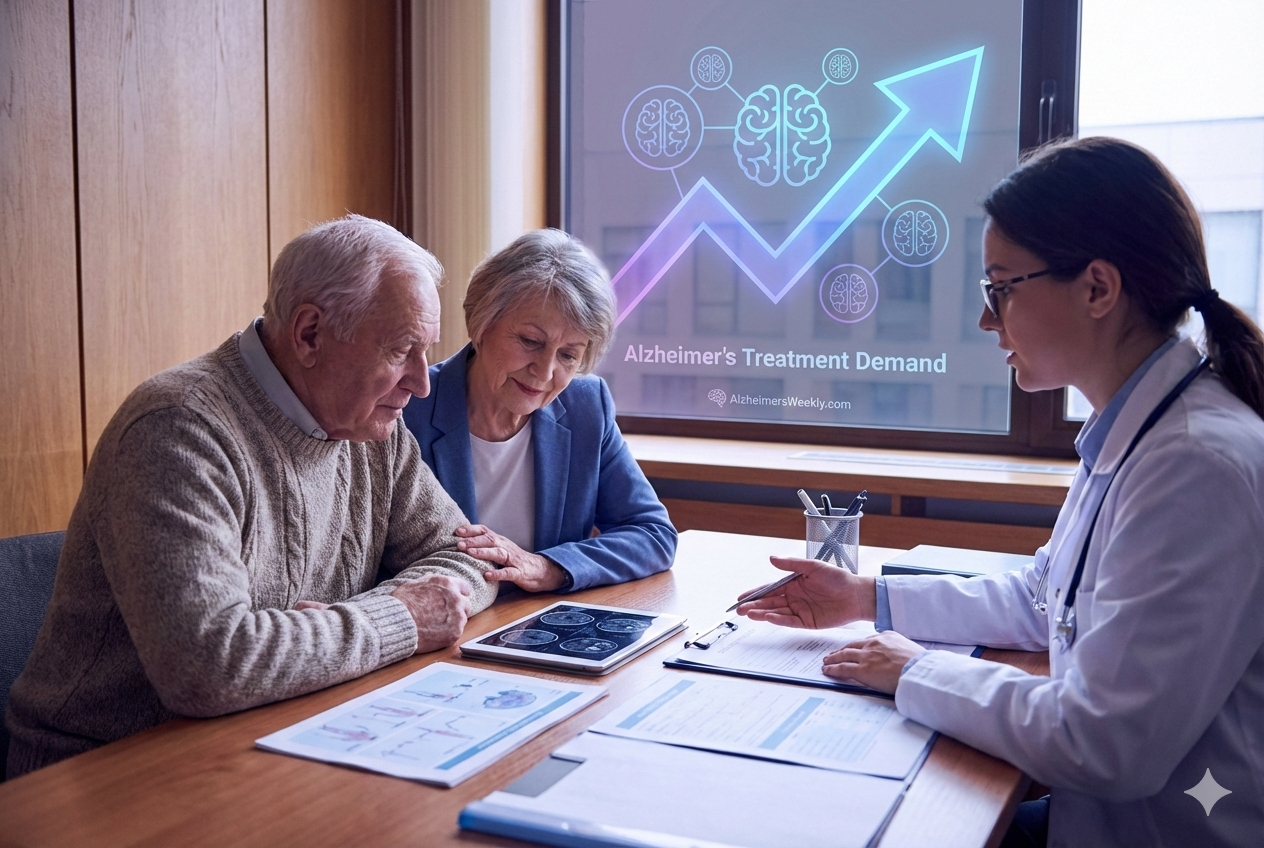
Alzheimer’s treatment eligibility may be far larger than previously thought. A major Nature study using blood tests suggests millions more older adults could qualify for treatment than current use reflects. As diagnosis becomes easier, demand for drugs like Leqembi could shift sharply.
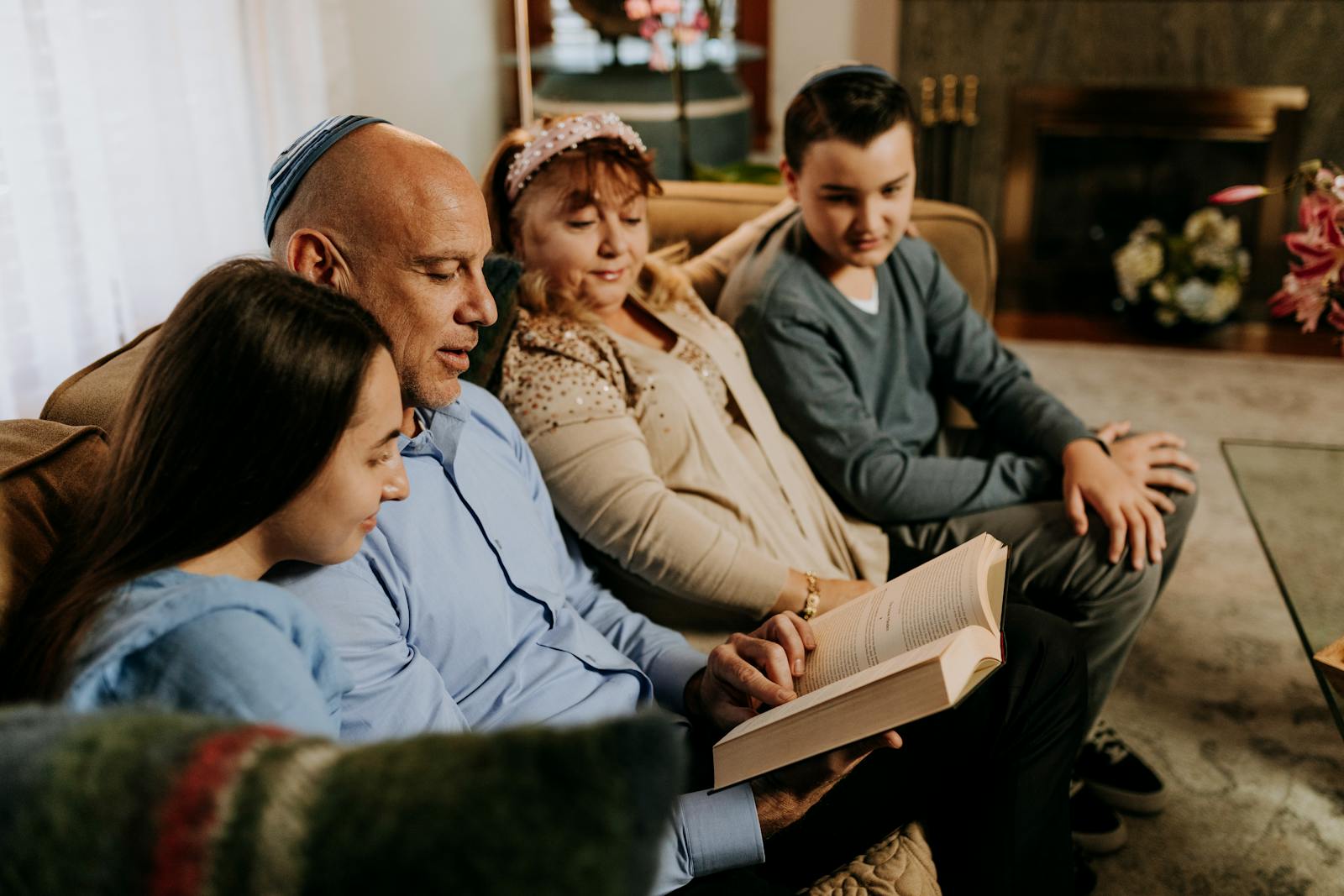
Israel pairs the developed world’s highest birth rate with the lowest crude dementia prevalence in a major European comparison—an advantage rooted in demographics that gives the country valuable time to prepare better for caregivers and families.
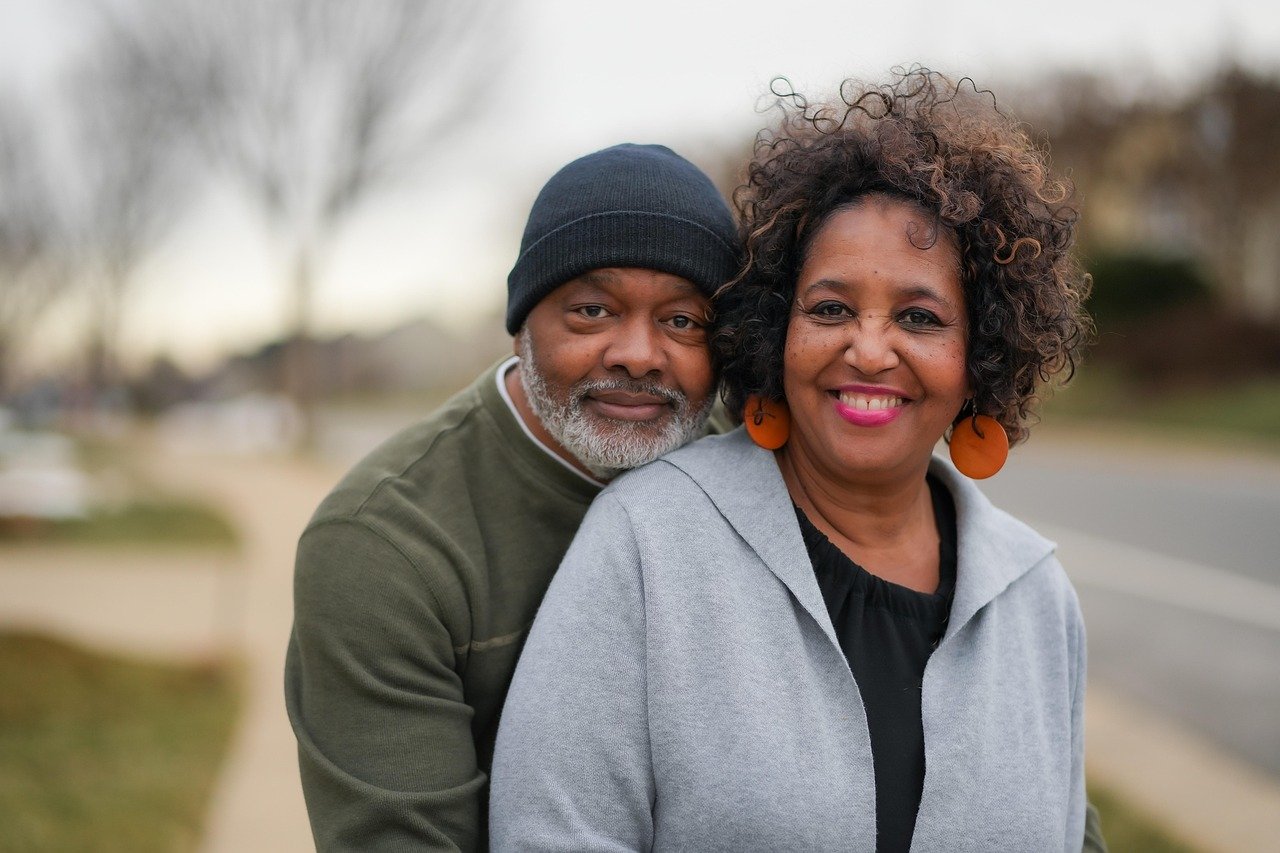
A deep promise to be there for an Alzheimer’s parent, this heartwarming song was written as a tribute to families facing dementia.

EMERGENCIES due to falling happen 54% more often in dementia. As a rule, 1-in-3 adults over 65 fall each year. Most falls happen at home. Make a few simple changes and prevent falls.
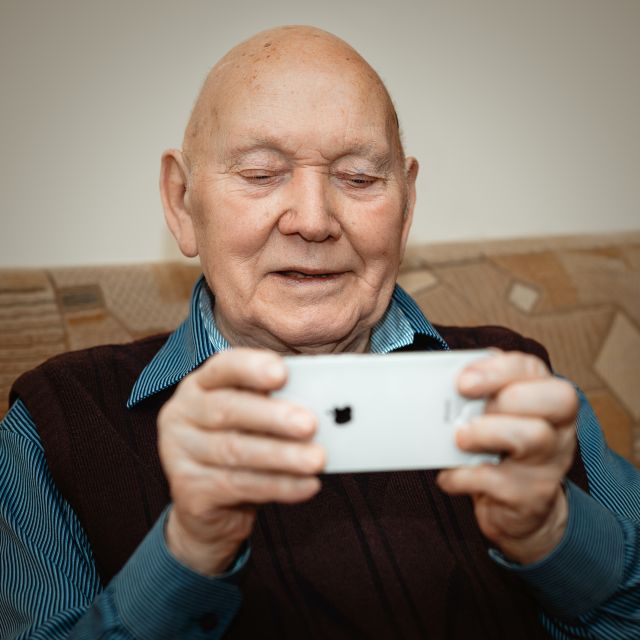
Researchers find education and intellectual stimulation appear to activate a genetic program in the brain that promotes resistance to cognitive decline. Find out more.

SOCIALIZING in your 50s and 60s strongly predicts less dementia later on. Learn why, from new research by University College London. See Ohio State University demonstrate how true it is, from animals to people.
No spam, only news and updates.

